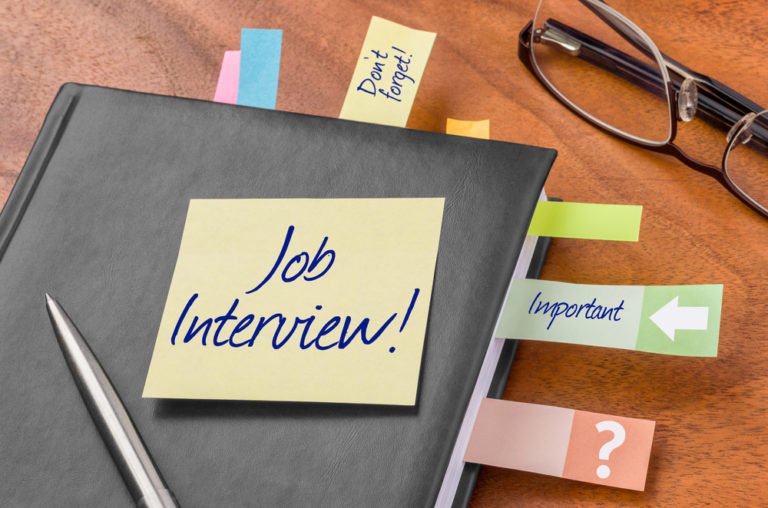What You Need to Know about Phone Interviews

For the good news, you have the chance to be very well prepared. You can have as much information in front of you as you like: research notes, the actual job posting, questions for you to ask, your resume, your practiced answers to various interview questions you might be asked, etc.
Now the bad news: since you can’t see the interviewer, you’re unable to read their body language and facial expressions. The same applies to the person who is interviewing you. Since you can’t be seen, a considerable amount of judgment will be made based on your voice and how it comes across on the phone. This means that any speaking mannerisms you may have will be greatly magnified. You should be particularly aware of and careful to not use too many “you knows” , “uh’s” or “um’s”. These can end up being more memorable than your answers to the questions.
Having interviewed many people over the years by phone, I can assure that that when all I have to concentrate on is the voice, I find myself picking up on every little vocal mannerism and oddity on the part of the candidate I’m interviewing.
Here’s an example. I did a phone interview once with applicant who ended almost every sentence with “you know what I mean”. After about the tenth time, it took all my will power to not yell out “No, I don’t know what you mean!”. As you can guess, this candidate did not get scheduled for any subsequent interviews. Don’t let this happen to you.
Generally speaking, there are two categories of phone interviews: the ‘screening’ phone interview, and the formal phone interview. In this post I’ll talk about the screening type of phone interview. Next time I’ll cover the formal phone interview.
With a screening interview, you’re usually asked several general questions to establish that you actually meet the minimum qualifications for the job. These are usually done after resumes from all applicants are reviewed and your resume was good enough to be considered for an interview. In this case, the screening interview is to verify that you are a viable candidate.
Since they are pretty informal, screening interviews are often made unannounced, so be ready! You might answer your phone and unexpectedly find someone from HR on the other end, asking if you “have a few minutes to answer a couple of questions.” This is a big reason why you should always have your “30 second marketing message” memorized, as you just never know when you’re going to need to quickly recap why you’re a good candidate.
If your screening interview is a success, the interviewer will probably either schedule an in-person interview with you, or else a second more formal phone interview. Either of these outcomes is what you want, so be certain to ask what the next step is before you hang up.
Since screening interviews are pretty informal and general, they are frequently done by someone in HR rather than the actual hiring manager. But they are still important, because if you stumble badly you may not receive any further consideration.
Next time we’ll talk about the formal phone interview and review some do’s and don’t for all phone interviews.




